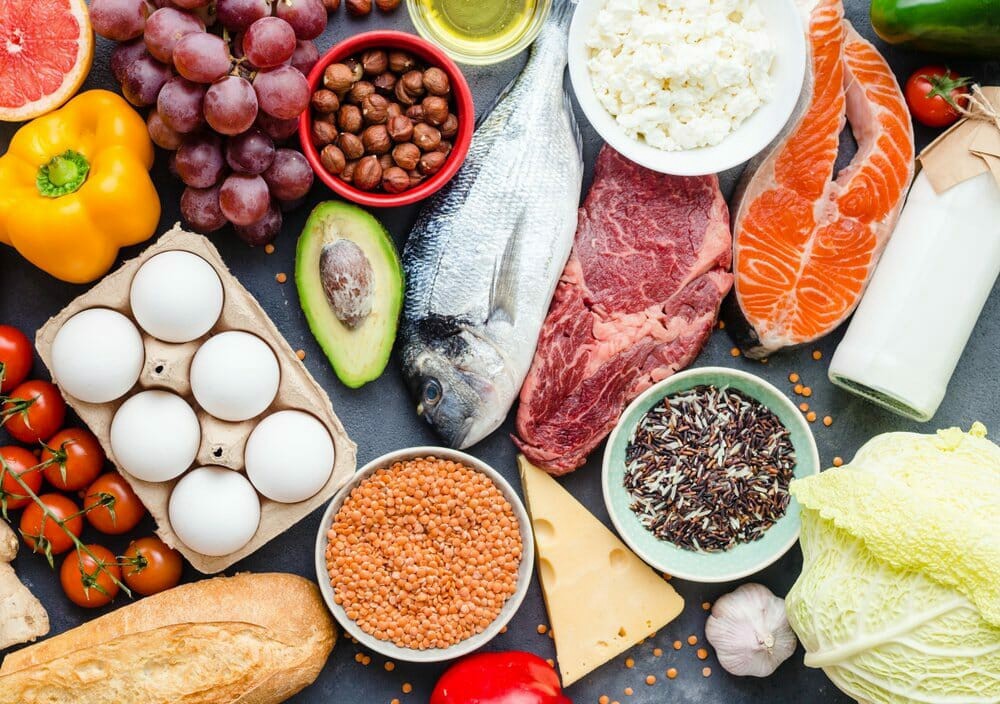nutrition
Nutrition is the study of nutrients in food, how the body uses them, and the relationship between diet, health, and disease.
Consultation and Guest Lectures are Available
Dear, Students and Faculty, Staff, if you’re interested to have more awareness on this Alternative Medicine, we will have a session with professional.

शरीरमाद्यं खलु धर्मसाधनम् ।
– Kumarsambhav, Sarga 5, Shloka 33
Meaning: Physical body is the only important medium to perform spiritual practice. To possess a healthy body, food is of utmost importance.



Nutrition Dietetics Overview
The food we eat has a significant impact on our health, according to a number of scientific studies. Changes in diet can help prevent or control many health problems, including obesity, diabetes and certain risk factors for cancer and heart disease.
Dietetics is the science of how food and nutrition affects human health. The field of dietetics has a strong emphasis on public health and a commitment to educating all about the importance of making proper dietary choices.
Nutrients provide nourishment. Proteins, carbohydrates, fat, vitamins, minerals, fiber, and water are all nutrients. If people do not have the right balance of nutrients in their diet, their risk of developing certain health conditions increases.
Macronutrients
Sugar, starch, and fiber are types of carbohydrates
Fiber is also a carbohydrate. The body breaks down some types of fiber and uses them for energy; others are metabolized by gut bacteria, while other types pass through the body.
Proteins consist of amino acids, which are organic compounds that occur naturally.
- Fats are essential for
- Lubricating joints
- helping organs produce hormones
- enabling the body to absorb certain vitamins
- reducing inflammation
- preserving brain health
- Too much fat can lead to obesity, high cholesterol, liver disease, and other health problems.
- However, the type of fat a person eats makes a difference. Unsaturated fats, such as olive oil, are more healthful than saturated fats, which tend to come from animals.

Micronutrients
Micronutrients are essential in small amounts. They include vitamins and minerals. Manufacturers sometimes add these to foods. Examples include fortified cereals and rice.

Minerals
The body needs carbon, hydrogen, oxygen, and nitrogen, dietary minerals, such as iron, potassium, and so on.
Manganese
Manganese The body uses manganese to produce energy, it plays a role in blood clotting, and it supports the immune system.
Potassium
Potassium is an electrolyte. It enables the kidneys, the heart, the muscles, and the nerves to work properly
Sodium
Sodium is an electrolyte that helps: maintain nerve and muscle function regulate fluid levels in the body
Calcium
Calcium The body needs calcium to form bones and teeth. It also supports the nervous system, cardiovascular health, and other functions.
Phosphorus
Phosphorus Phosphorus is present in all body cells and contributes to the health of the bones and teeth.
Magnesium
Magnesium contributes to muscle and nerve function. It helps regulate blood pressure and blood sugar levels, and it enables the body to produce proteins, bone, and DNA.
Zinc
Zinc plays a role in the health of body cells, the immune system, wound healing, and the creation of proteins.
Iron
Iron is crucial for the formation of red blood cells, which carry oxygen to all parts of the body. It also plays a role in forming connective tissue and creating hormones

